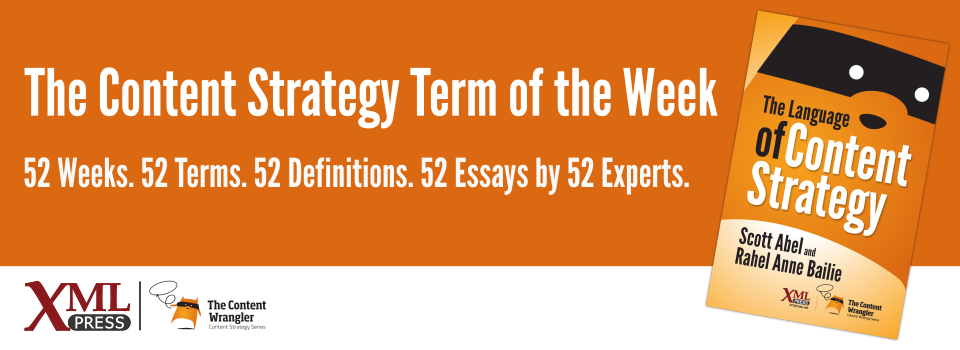What is it?
The mental model, or classification system, of a taxonomy of content or concepts in the minds of content consumers. Includes vocabulary, organization, relationships, and interactions.
Why is it important?
To understand content consumers, you must know how they mentally structure the topics your content covers.
Why does a content strategist need to know this?
A classic taxonomy is a formal description of relationships, whereas a folksonomy is crowd-sourced, based on the content consumer’s ideas of how concepts and ideas fit together. This classification system depends on variables such as education, experience, and culture of the content consumer. A folksonomy is important because we gain insights into how content consumers think about the structure and relationships of content. This allows us to understand how to talk about and structure our information in a way that is more natural to content consumers.
There are many ways to find out about a folksonomy. You can do ethnographic work, studying the vocabulary and relationships of speech and concepts. You can also ask content consumers to help index content by allowing them to freely add terms and categories. For example, on Amazon.com, people are able to assign keywords and categories to items, which builds a folksonomy over time. This results in better searches and better results over time for content consumers.
Folksonomies are not limited to search results. Folksonomies can also help define how marketing might want to talk about products. Understanding how a product fits into other categories of products, from a consumer point of view, prevents wasted time and money educating consumers.
Additionally, content developers use folksonomies to understand appropriate language and to create examples that have deeper meaning for content consumers. This results in content that can profoundly resonate with content consumers and reflect their world view.

